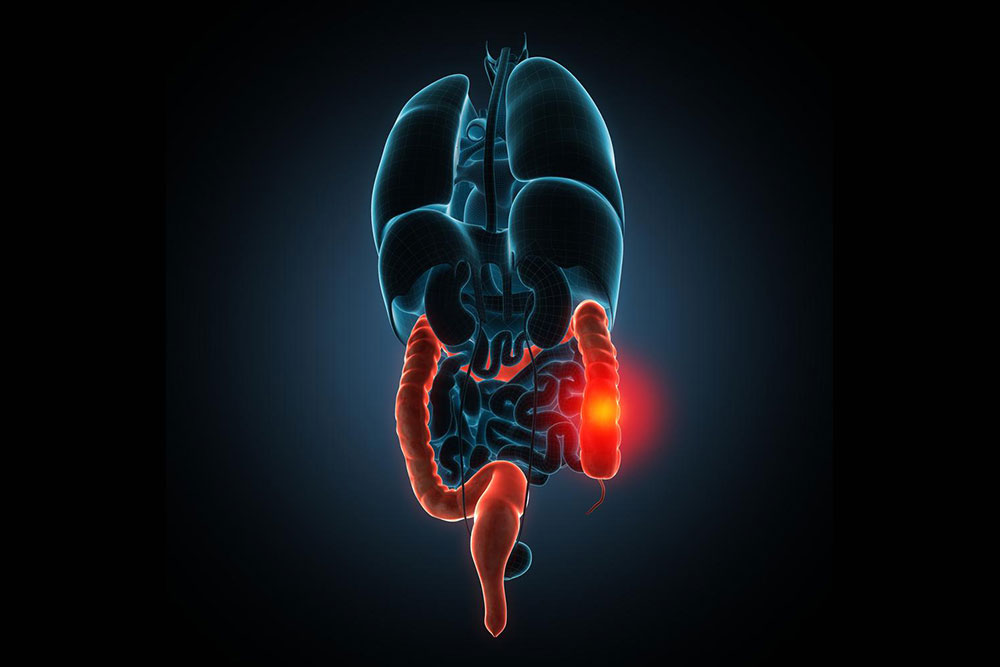Effective Strategies and Medications for Managing Irritable Bowel Syndrome
Discover comprehensive management options for Irritable Bowel Syndrome, including dietary changes, targeted medications for pain, diarrhea, and constipation, as well as the roles of probiotics and mental health treatments. Effective symptom relief hinges on personalized strategies and medical guidance to improve quality of life for IBS sufferers.
Sponsored

Managing Irritable Bowel Syndrome: Treatments and Medications
Irritable Bowel Syndrome (IBS) is a chronic digestive disorder characterized by irregular bowel habits, including constipation, diarrhea, stomach pain, bloating, and flatulence. Often linked with anxiety, IBS remains incurable but manageable through symptom relief. While no specific cures exist, several treatments focus on alleviating symptoms. These include dietary modifications, medications for pain, constipation, and diarrhea, probiotics, and counseling. Lifestyle changes play a crucial role, with dietary adjustments being the initial step in managing IBS effectively.
Dietary Adjustments for IBS Relief
Implementing dietary changes is vital in managing IBS symptoms. Key steps involve:
- Avoiding carbonated drinks, caffeine, and gas-producing vegetables like cabbage, broccoli, and cauliflower to reduce bloating.
- Steering clear of gluten-rich foods such as wheat, barley, and rye, as a gluten-free diet can lessen diarrhea episodes.
- Limiting FODMAPs—fermentable oligosaccharides, disaccharides, monosaccharides, and polyols—from grains, dairy, fruits, and certain vegetables, as they may cause digestive irritation.
These dietary strategies are as essential as medical treatments in controlling IBS symptoms.
Targeted IBS Medications
Currently, two medications specifically target IBS symptoms:
Alosetron (Lotronex): Designed to relax the colon and slow bowel movements, it is prescribed primarily for women with severe IBS who have not responded to other treatments. It is unsuitable for men and should be used under strict medical supervision.
Lubiprostone (Amitiza): Enhances fluid secretion in the small intestine to promote regular bowel movements. Approved for women with constipation-predominant IBS, its long-term safety and effects on men require further studies. Side effects can include nausea and diarrhea.
Medications for Diarrhea
Antidiarrheal drugs such as loperamide, diphenoxylate, and atropine are commonly used to control severe diarrhea.
Cholestyramine, a bile acid binder, helps manage diarrhea linked to bile acid malabsorption.
Rifaximin, an antibiotic, is effective for prolonged diarrhea and bloating when used for up to two weeks.
Medications for Constipation
Over-the-counter options like osmotic laxatives (Milk of Magnesia, Lactulose) work by drawing water into the intestines to ease stool passage.
Stimulant laxatives (Senokot) stimulate colon nerves to facilitate bowel movements when other treatments fail.
Use of Antibiotics and Mental Health Treatments
In some cases, antibiotics like Rifaximin can significantly improve IBS by eliminating intestinal bacteria responsible for infections. Additionally, antidepressants such as fluoxetine and Prozac can help manage associated anxiety and depression. Short-term anti-anxiety medications like diazepam may also provide relief.
Probiotics and Gut Health
Probiotics introduce beneficial microorganisms into the digestive system, helping to restore balance and promote normal bowel function. Many patients find probiotic supplements to be an effective complementary treatment for IBS.






